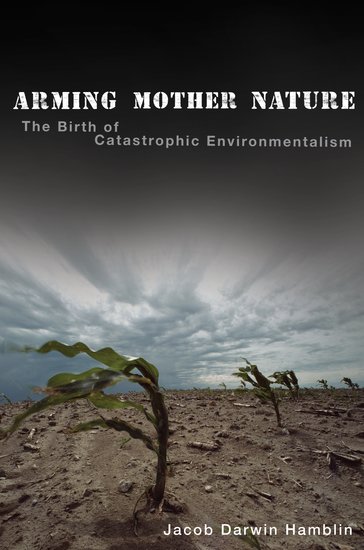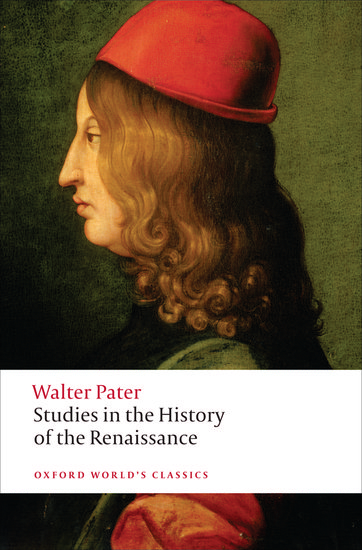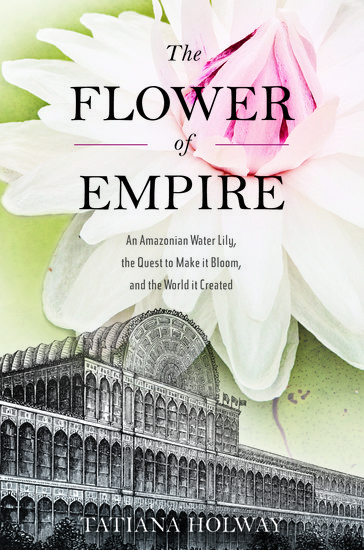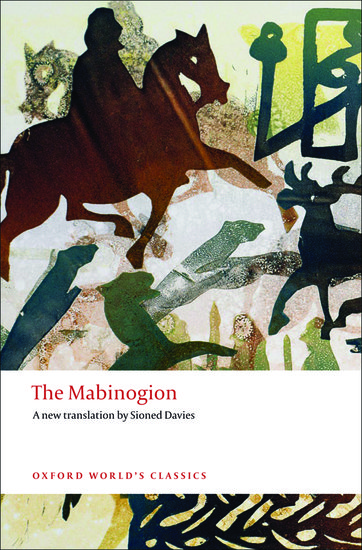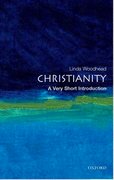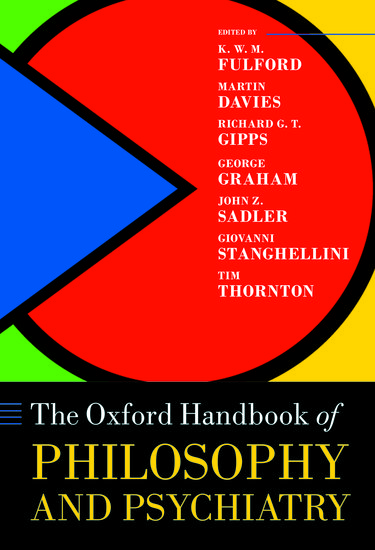Two faces of the Limited Test Ban Treaty
By Jacob Darwin Hamblin
Fifty years ago, the United States, United Kingdom, and Soviet Union signed a pact to stop testing nuclear bombs in the atmosphere, oceans, and space. As we commemorate the treaty, we will not agree on what to celebrate. There are two sides of the story.







